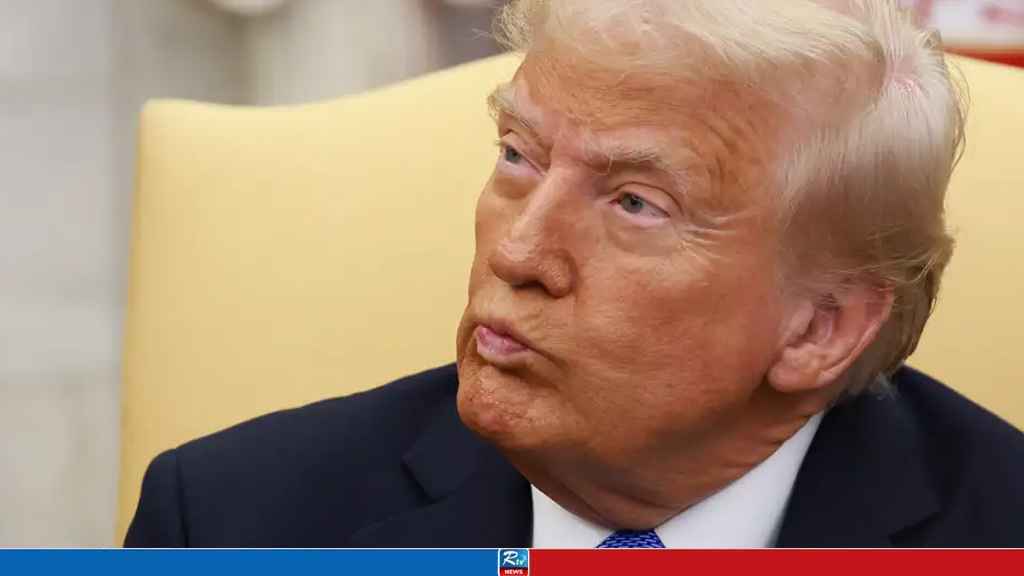The United States and its tenth largest trading partner Vietnam managed to reach an agreement late on Wednesday that will now see a 20% tariff placed on many Vietnamese exports.
"It is my Great Honor to announce that I have just made a Trade Deal with the Socialist Republic of Vietnam," Trump said on Truth Social after speaking with Vietnam's top leader, To Lam.
The announcement comes just days before a tariff rate of 46% was due to take effect.
US goods to receive preferential market access
Vietnam has the third-largest trade surplus with the US after China and Mexico — meaning the US imports more goods and services from them than it exports.
Hanoi found itself firmly in the Trump administration's crosshairs when the so-called "Liberation Day" tariffs were announced in early April.
The Vietnamese government said late Wednesday that under the deal Hanoi had promised "preferential market access for US goods, including large-engine cars."
"This is a much better outcome than a flat 46 percent tariff, but I wouldn't celebrate just yet," the AFP news agency quoted Hanoi-based Dan Martin of Asian business advisory firm Dezan Shira & Associates as saying.
"Everything now depends on how the US decides to interpret and enforce the idea of transshipment," he added.
How could the deal affect China?
Vietnam didn't provide detail about any so-called transshipment arrangement, which involves goods from third countries, passing through Vietnam.
Trump's trade adviser Peter Navarro has called Vietnam a "colony of China" and that one-third of Vietnamese products are merely relabelled Chinese goods.
Trump said that these types of shipments would face a 40% levy.
China on Thursday warned against any trade deals that "hurt third parties."
"China has always advocated that all parties resolve economic and trade differences through equal dialogue and consultation," Foreign Ministry spokeswoman Mao Ning said.
"At the same time, relevant negotiations and agreements should not target or harm the interests of third parties," she said.





